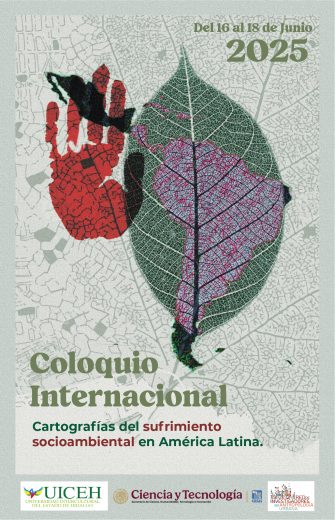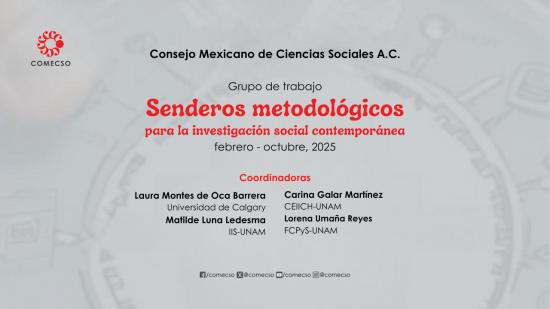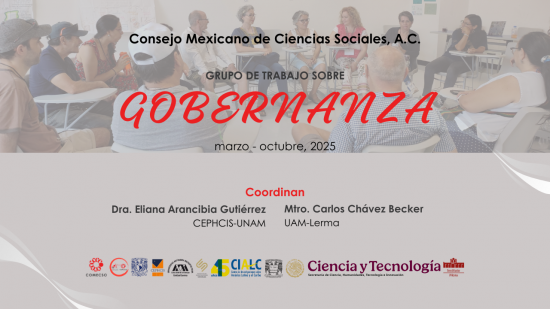Children, Youth and Time
Call for Papers
Sociological Studies of Children & Youth (SSCY) Vol. 31 “Children, Youth and Time”
Guest editors
Sabina Schutter, Technical University of Applied Sciences Rosenheim, Germany
Dana Harring, Technical University of Applied Sciences Rosenheim, Germany
Theme and rationale
Time in childhood and youth is discussed in two contradictory ways. On the one hand, childhood and youth is portrayed, even romanticized as a time of play, of innocence, of exploration, a time of learning, a time of trial and error (Baader, 2004; Dudek, 2002; Stecher, 2003). On the other hand, time in childhood and youth is restricted by tight societal and generational structures, i.e. chains of care, institutional and family time tables, extracurricular activities (Wehr, 2009; Zeiher, 2005).
Additionally, temporality in childhood and youth is considered different to adults perception and disposability of time and temporality (Wehr, 2009). The everyday life of the younger generations is, to a large extent, shaped by adults, leading to an unequal distribution of active and passive disposition of time (Elias, 1984). Where, how and with whom children and young adults spend their time is subject to a variety of interests and negotiation processes. Within these negotiations children’s and young adult’s experiences are one factor among other, such as familial compatibility issues or societal structures and demands.
These manifold claims on children’s and youth’s time can be regarded as a stressor and may lead to stress, exhaustion or as a last resort to pathological findings (e.g. burn out) (Schulte-Markwort, 2016). Furthermore, management of one’s own time is regarded as both an challenging and necessary competence in today’s society (Muri, 2004).
This volume of Sociological Studies of Children and Youth interrogates the question of children’s and young adult’s perception and disposition of time both in tight societal and generational contexts. We seek original, unpublished theoretical, empirical, and policy- oriented papers that highlight children’s and youths’ understanding and provision of time from a variety of disciplinary and methodological perspectives on topics including, but not limited to:
- How children and youth dispose of time in societal and generational structures
- The role of time in different institutional & familial contexts (e.g. school, day care, etc.)
- Trajectories of children’s and youth’s time throughout the day or life course
Deadline and submission details
The submission deadline for all papers is August 15, 2021. Authors of papers accepted to this series will be notified by October 15, 2021. Revised papers are due to guest editors by December 1, 2021. The date by which the volume will be submitted to the publisher is January 1, 2021. Papers will be accepted only in English. To submit your paper, please send a 10,000-to 12,000-word manuscript (inclusive of abstract, references, tables, and figures) to dana.harring@th-rosenheim.de
References
Baader, M. S. (2004). Der romantische Kindheitsmythos und seine Kontinuitäten in der Pädagogik und in der Kindheitsforschung. Zeitschrift Für Erziehungswissenschaft, 7(3), 416–430. https://doi.org/10.1007/s11618-004-0042-9
Dudek, P. (2002). Geschichte der Jugend. In H.-H. Krüger & C. Grunert (Eds.), Handbuch Kindheits- und Jugendforschung (pp. 333–349). Wiesbaden: VS Verlag für Sozialwissenschaften. https://doi.org/10.1007/978-3-322-85154-3_14
Elias, N. (1984). Über die Zeit. Suhrkamp-Taschenbuch Wissenschaft: Vol. 756. Frankfurt am Main: Suhrkamp. Muri, G. (2004). Pause!: Zeitordnung und Auszeiten aus alltagskultureller Sicht. Frankfurt: Campus-Verl.
Schulte-Markwort, M. (2016). Burnout-Kids: Wie das Prinzip Leistung unsere Kinder überfordert (Vollständige Taschenbuchausgabe). Knaur: Vol. 78815. München: Knaur Verlag.
Stecher, L. (2003). Jugend als Bildungsmoratorium — die Sicht der Jugendlichen. In H. Reinders & E. Wild (Eds.), Jugendzeit — Time Out? (Vol. 49, pp. 201–217). Wiesbaden: VS Verlag für Sozialwissenschaften. https://doi.org/10.1007/978-3-322-97603-1_10
Wehr, L. (2009). Alltagszeiten der Kinder: Die Zeitpraxis von Kindern im Kontext generationaler Ordnungen. Kindheiten : Neue Folge. Weinheim: Juventa Verl.
Zeiher, H. (2005). Der Machtgewinn der Arbeitswelt über die Zeit der Kinder. In H. Hengst & H. Zeiher (Eds.), Kindheit soziologisch (Vol. 37, pp. 201– 226). Wiesbaden: VS Verlag für Sozialwissenschaften. https://doi.org/10.1007/978-3-322-81004-5_11
bit.ly/SSCY_series
Te puede interesar

Publicaciones del COMECSO
Roberto Holguín Carrillo - Ene 08, 2025Este espacio reúne la gran mayoría de la producción editorial de nuestra asociación. A lo largo de casi cinco décadas,…

Historia del Cine: La comedia en blanco y negro (1930-1960)
Laura Gutiérrez - Abr 04, 20251) Título de la actividad académica: Curso Historia del Cine: La comedia en blanco y negro (1930-1960). Antecedentes. La comedia…

Cartografías del sufrimiento socioambiental en América Latina
Laura Gutiérrez - Abr 04, 2025Coloquio Internacional Cartografías del sufrimiento socioambiental en América Latina Del 16 al 18 de junio de 2025 Modalidad virtual Presentación…

Foro Internacional, vol. LXV, núm. 2
Laura Gutiérrez - Abr 04, 2025Foro Internacionales una revista académica publicada por el Centro de Estudios Internacionales de El Colegio de México. Fundada en 1960…










